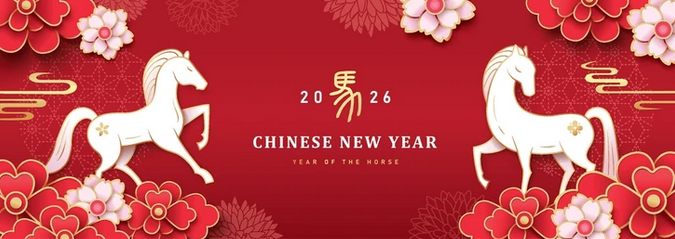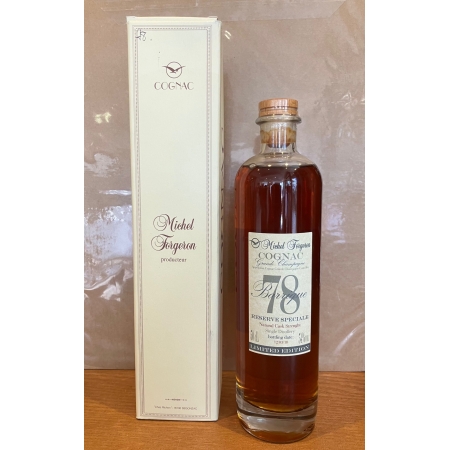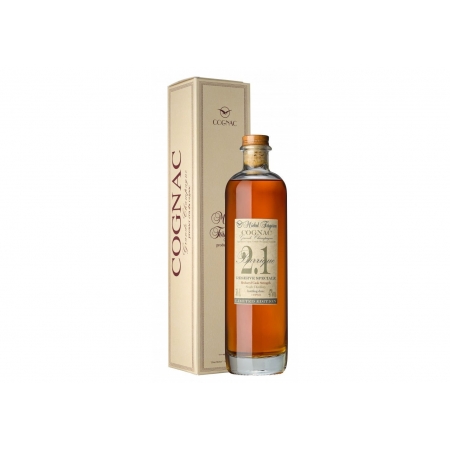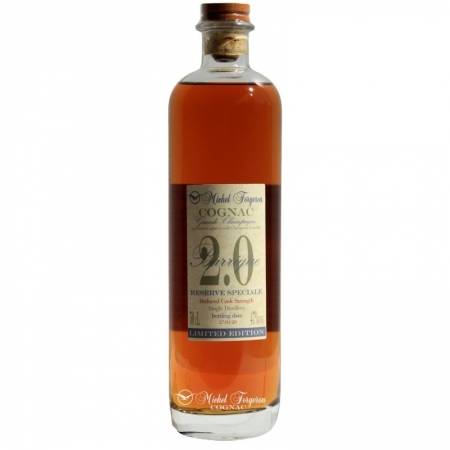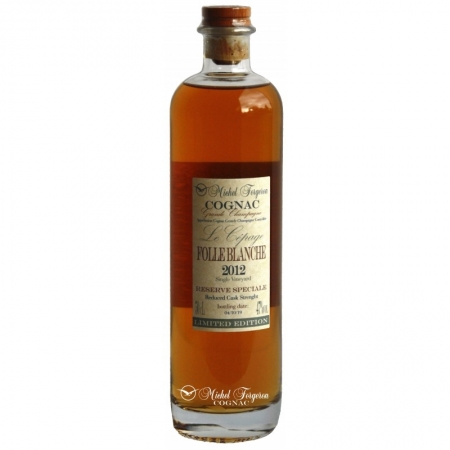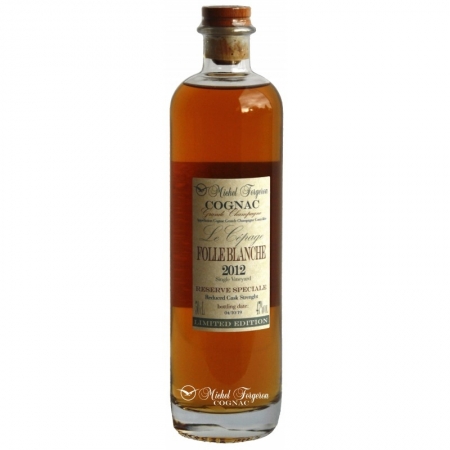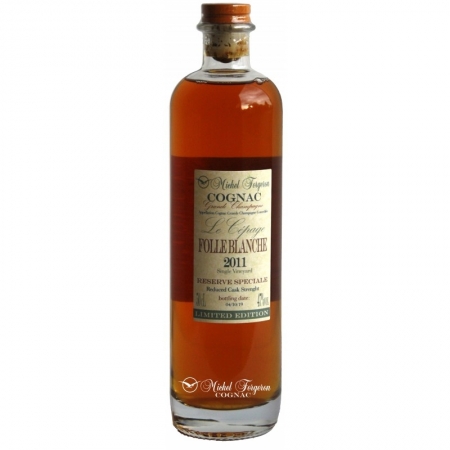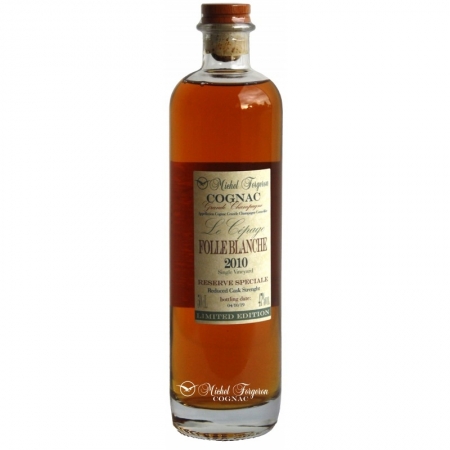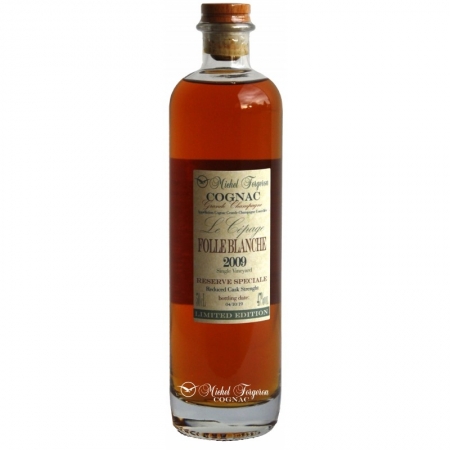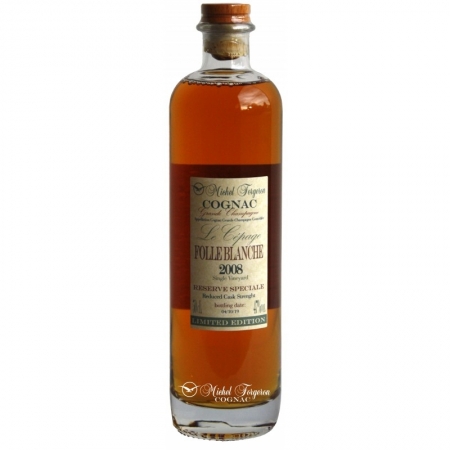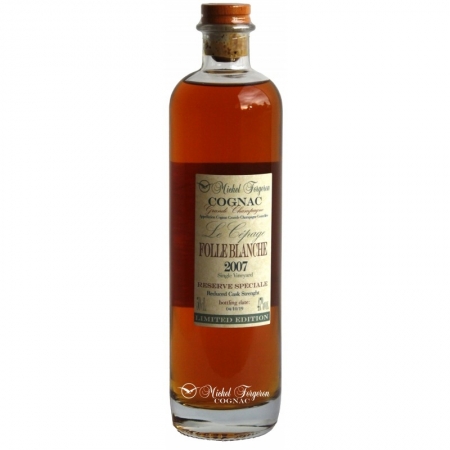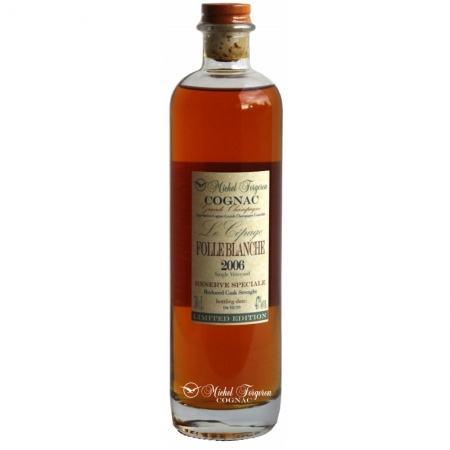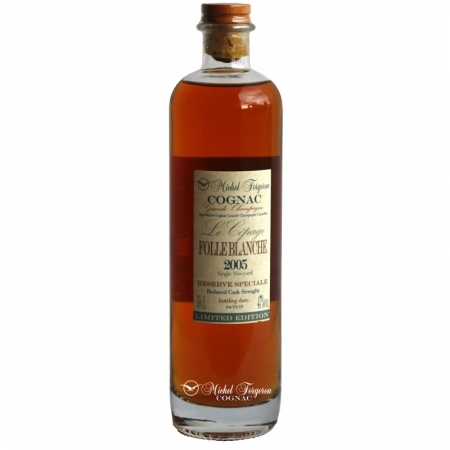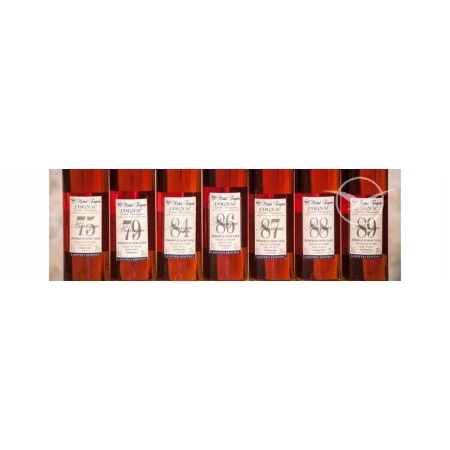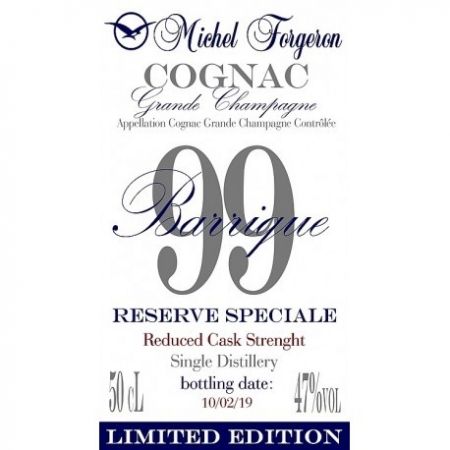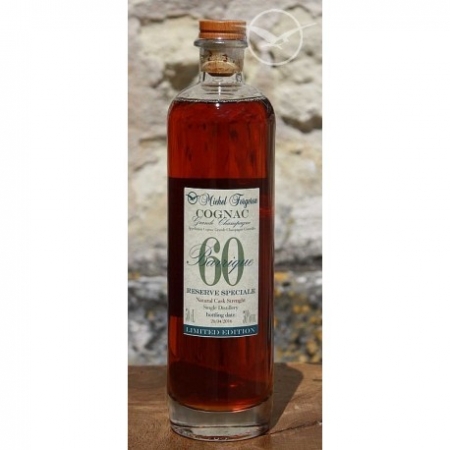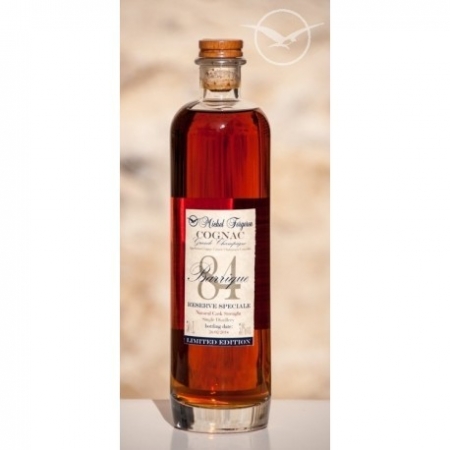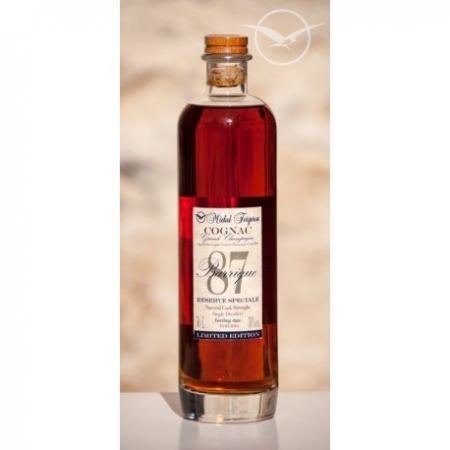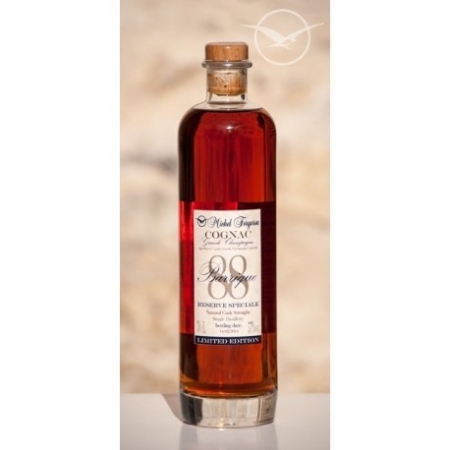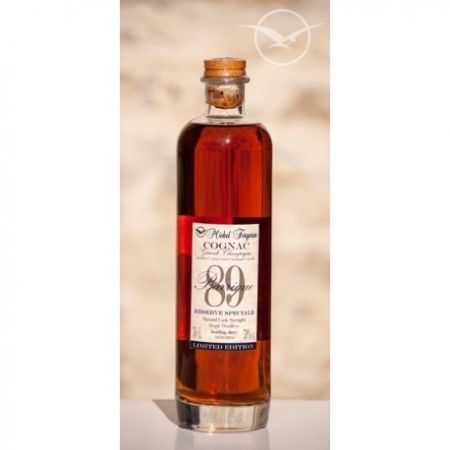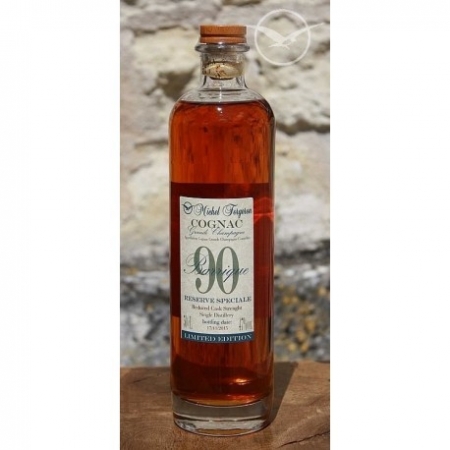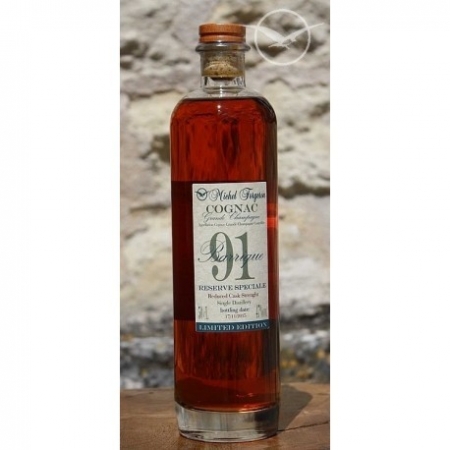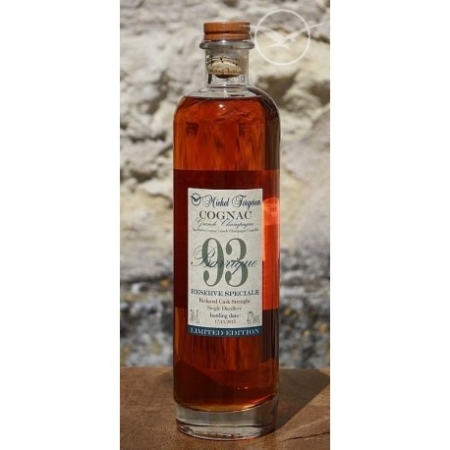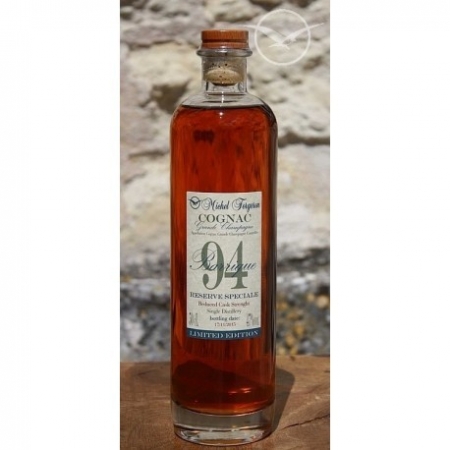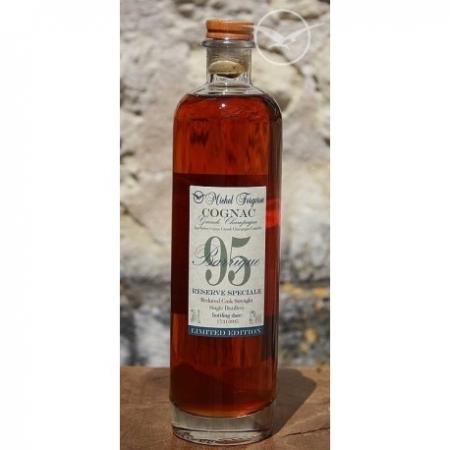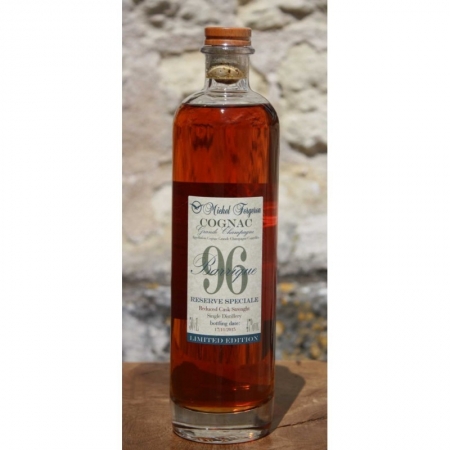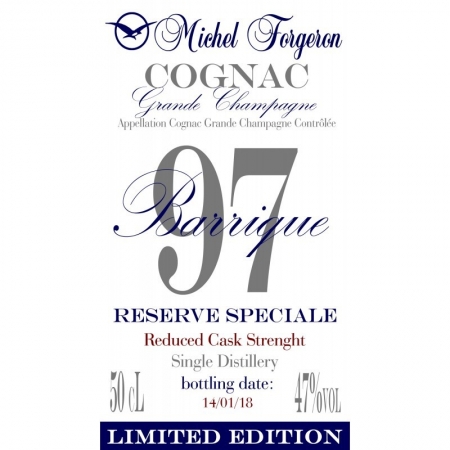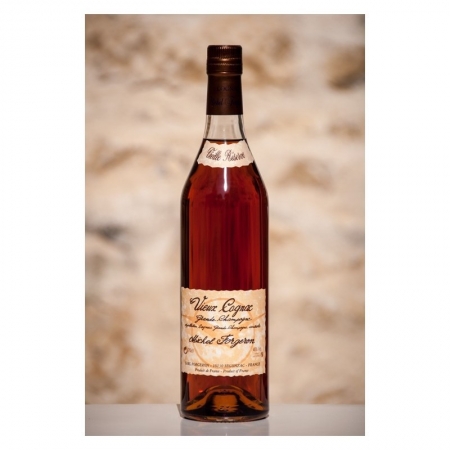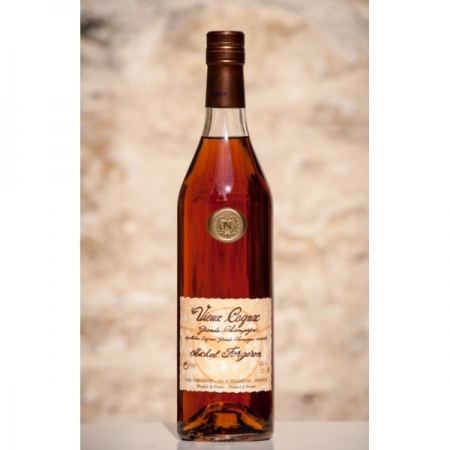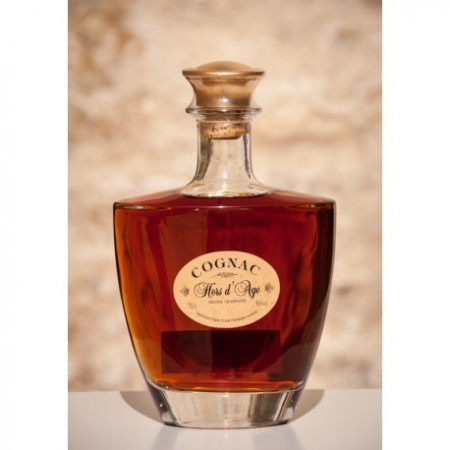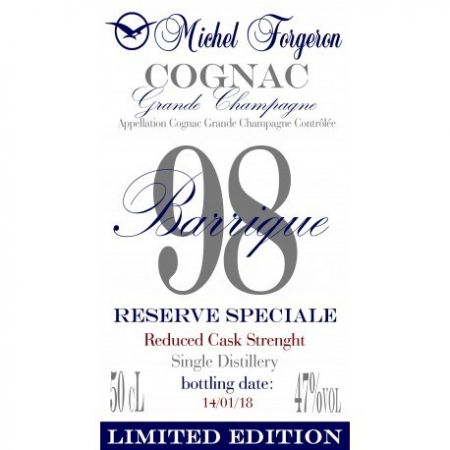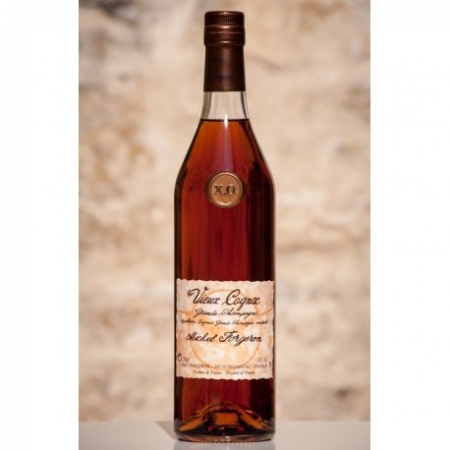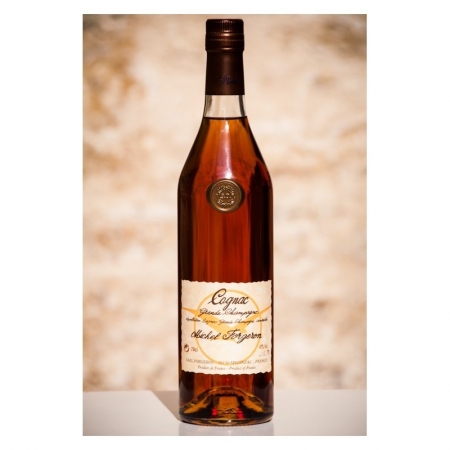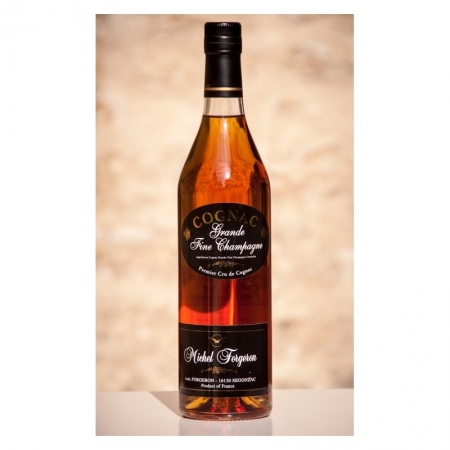Cognac Michel Forgeron
1909: Until then, Jean and Ernestine Gonthier were stewards of a nearby farm. They bought a beautiful Charentais house and adjoining land at a candle auction and set up "Chez Richon".
1934: Their son-in-law, Dély Forgeron, took over and cultivated the estate in mixed farming: cereals, vines and livestock.
1949 : Dély and Renée Forgeron share the land between 3 of their children: Michel is only 10 years old. His father managed the property until he came of age.
1960 : After 2 years of military service, Michel Forgeron settles on the family farm. The estate is very small: 2 hectares of vines and 4 hectares of arable land. The working tools: a horse and equipment adapted to the animal, old and not very functional buildings.
1965: After planting all his land in vines, ideally situated in Grande Champagne, Michel installs a wife, Francine, in his house... and a still. He transformed the stable into a distillery and the barns into an ageing cellar where he carefully lined up the Cognac barrels.
1977: Children are born: Isabelle (1967), Christophe (1969) and Pierre (1977) ... They have grown ... the vineyard and the stock too ... Michel and Francine decide to start a commercial activity by bottling their Cognac themselves and selling it under their own name. The "Michel Forgeron" brand was born!
1998: With 16 hectares, the vineyard has reached a respectable size, all the buildings have been renovated, the stock of Cognac is remarkable, both in quality and quantity. Bottled sales have developed well thanks to the quality of the products on offer and also thanks to Francine's efforts: Her sense of dialogue and welcome have made the visit to the estate a recognised tourist attraction. Aware - and proud! - of having successfully completed the task he had set himself, Michel took a well-deserved retirement; Pierre took over and expanded the vineyard to 19 hectares. In 2002, he was joined by Christophe, who took over the commercial side of the business. Both are committed to an environmental approach: less pesticides, less fuel, recovery and use of rainwater, etc. ...
2009: 100 years! 100 years that the estate has been in the family and that the men have adapted to climatic or economic events, and that they work with enthusiasm to achieve their projects.
